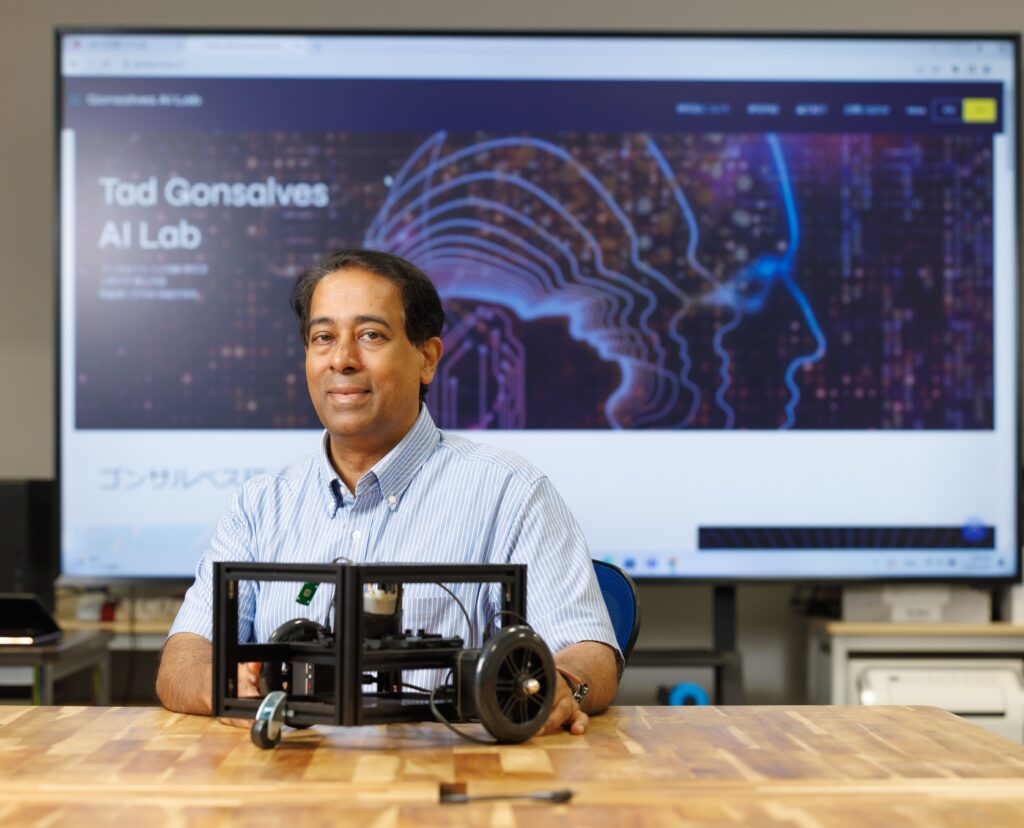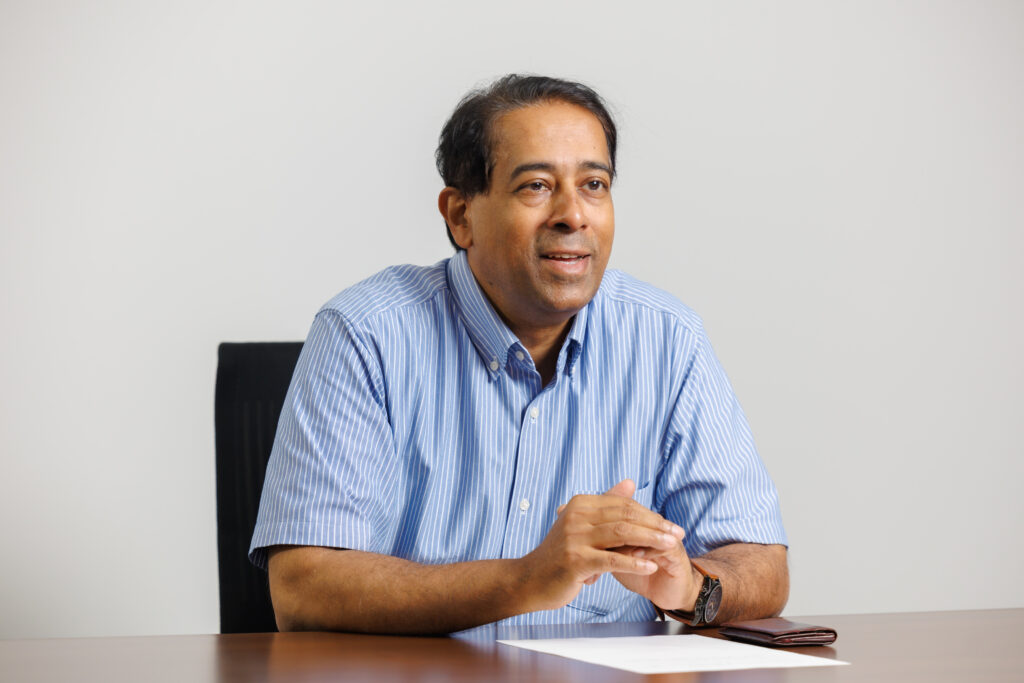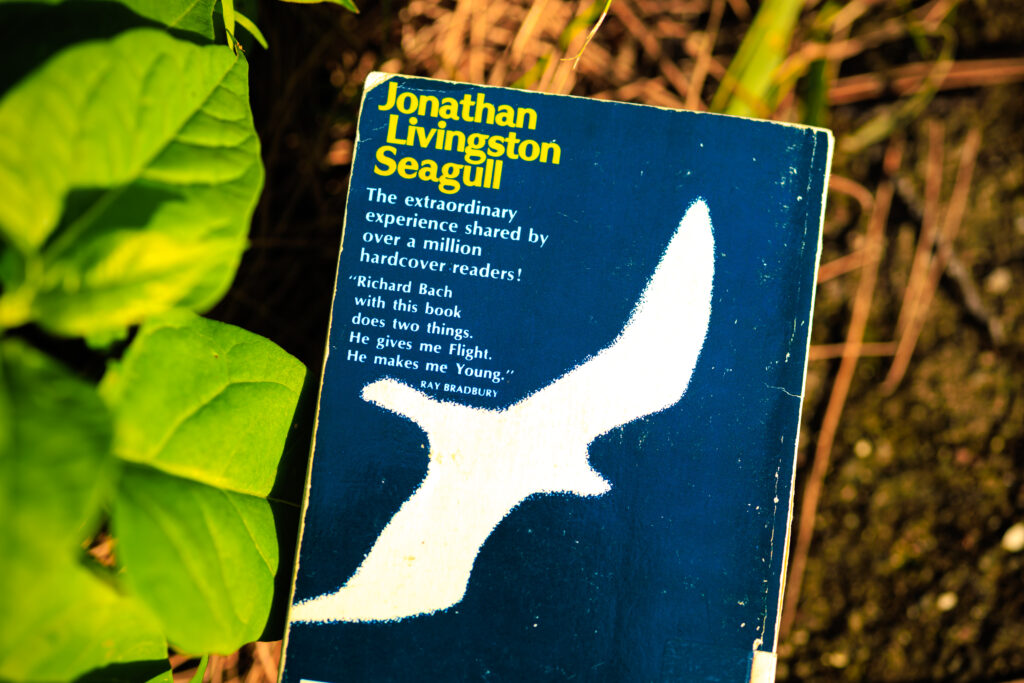
Prof. Tad Gonsalves specializes in the field of AI and related technology. The Gonsalves AI lab is engaged with the latest cutting-edge research in AI and its various applications. Following are the major areas of our research:
1.Indoor delivery robot
As an extension of Autonomous Vehicles (AVs) navigating and driving without human intervention, we are developing an indoor delivery robot that can navigate through corridors, search for a nearby elevator and get on to various floors to deliver parcels. Another extension of this technology is to make drones learn to fly by avoiding obstacles in indoor and congested environments. The core of this autonomous technology is to develop efficient deep learning algorithms.
2.Creative art and music
Stable diffusion programs can paint exotic pictures from text prompts. Users can further interact with the programs to touch upon the paintings. The AI music creation program creates a variety of melodies by learning from the input melodies provided by the users.
3.Linguistic Analysis
We are tapping on the free-available Large Language Models (LLMs) to construct language modules that can extract the error patterns of students in foreign language learning and accordingly design drill exercises.
4.Bio-inspired meta-heuristic algorithms
The meta-heuristic optimization algorithms draw inspiration from natural phenomena and behavior of living organisms, especially social animals to solve complex optimization and search problems. In our lab, these algorithms are hybridized and boosted with internal learning mechanisms and tested on large-scale benchmark problems before handling tough real-life problems.
Spirit of playfulness and imagination giving birth to new ideas

Gonsalves AI lab is filled with Japanese and international students, who bring to the lab fresh and exciting ideas. Be it assembling hardware or writing lengthy programs, our students are always totally engrossed in what they are doing. Most of the students are working on individual topics and some are working as teams. Senior students hold programming classes once a week so that everybody can brush up on their programming skills and get to know the latest deep learning frameworks. We also hold meetings, presentations, and discussions to enlighten, encourage and motivate one another. The guiding principle is learning by doing. We also have collaboration with companies to develop and embed deep learning programs in practical applications.
Towards the development of AI internal conscience
Humanity is now facing the biggest technological challenge of all time. As AI and its applications proliferate, we will be forced to live and work with intelligent machines. Often, these machines will have to make very important decisions. How safe will it be to entrust our destiny in the hands of machines? What if they lose control and go astray?
The current AI algorithms are like huge beasts consuming tons of data and producing predictions, which are unexplainable and often biased. Government rules and regulations will not provide a complete solution because they will always remain external to AI. The AI beast can only be tamed when these external rules and regulations are combined with an internal ethical conscience.
We need to use our human superior wisdom (sophia) to train AI to have ethical values just like humans. The grand vision of Gonsalves AI lab is to develop an internal conscience of AI mimicking human conscience imbued with knowledge, experience, and empathy.
The book I recommend
“Jonathan Livingston Seagull: a story, 1st ed.”
by Richard Bach, Macmillan Publishers

United States, 1970. Jonathon, the seagull who desperately wants to break away from societal norms in order to find true happiness and freedom, lives within us. His diction, “Don’t believe what your eyes are telling you. All they show is limitation.” still continues to drive me on.
-
Tad Gonsalves, PhD
- Department of Information and Communication Sciences
Faculty of Science and Technology
Professor
- Department of Information and Communication Sciences
-
PhD (Eng.), Faculty of Science & Technology, Sophia University. Member of teaching staff from 2005.
- Department of Information and Communication Sciences
Interviewed: September 2023